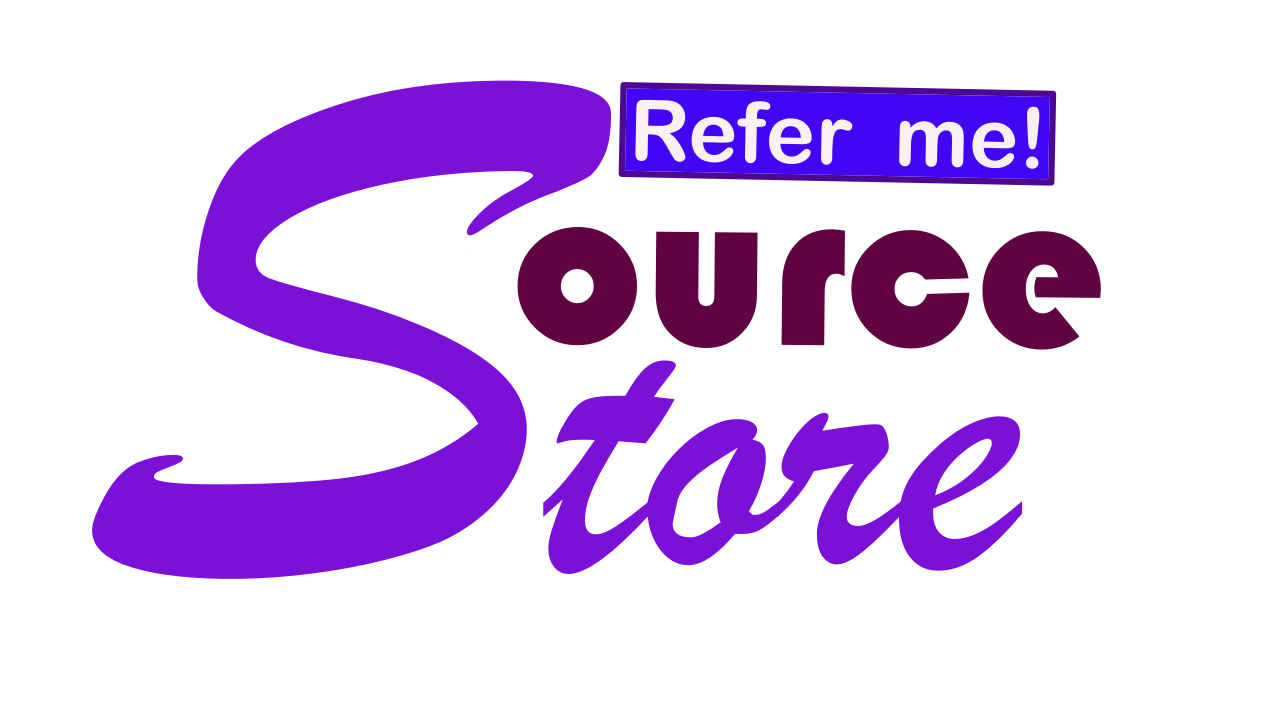Here is a basic outline of a good business plan:
- Executive summary: A brief overview of the company, its products or services, and its objectives.
- Company description: This section should include details about the company, such as its history, mission statement, legal structure, ownership, and location.
- Market analysis: This section should provide an analysis of the industry and market in which the company operates, including information about target customers, competitors, and trends.
- Products and services: This section should describe the products or services offered by the company, including their features and benefits.
- Marketing and sales: This section should detail the marketing and sales strategies the company plans to use to reach its target customers.
- Operations and management: This section should provide an overview of how the company will operate, including information on staffing, production, logistics, and any necessary equipment or facilities.
- Financial projections: This section should include detailed financial projections, including income statements, cash flow statements, and balance sheets, for the first few years of the company's operation.
- Funding requirements: If the company needs funding, this section should explain the funding requirements and how the company plans to use the funds.
- Appendices: This section should include any additional information that supports the plan, such as market research, resumes of key personnel, and legal documents.
Keep in mind that the specific content and organization of a business plan may vary depending on the nature of the business and the audience for the plan.
Sample of a business plan for a super market in Ethiopia:
- Executive summary: The proposed business is a supermarket that will offer a wide range of products, including groceries, household goods, and personal care items. The supermarket will be located in a high-traffic area of Addis Ababa and will cater to both local residents and tourists.
- Company description: The supermarket will be owned and operated by a team of experienced entrepreneurs who have a strong background in retail and management. The business will be registered as a limited liability company and will be located in a leased commercial space in Addis Ababa.
- Market analysis: The supermarket will operate in a highly competitive market, with a number of existing supermarkets and other retail stores in the area. However, there is a strong demand for quality, affordable products among local residents and tourists, and the supermarket will differentiate itself by offering a wide range of products at competitive prices.
- Products and services: The supermarket will offer a range of products, including groceries, household goods, personal care items, and other daily necessities. The store will also offer online ordering and home delivery services to make shopping more convenient for customers.
- Marketing and sales: The supermarket will focus on a combination of traditional and digital marketing strategies to attract customers. These may include print and radio ads, social media marketing, and promotions and discounts. The store will also offer loyalty programs and other incentives to encourage repeat business.
- Operations and management: The supermarket will operate seven days a week, with extended hours on weekends and holidays. The store will be staffed by a team of trained and experienced employees, including cashiers, stock clerks, and customer service representatives. The business will also maintain strict inventory control measures to ensure that products are always in stock and available for purchase.
- Financial projections: The supermarket is expected to generate revenues of approximately 10 million ETB in the first year, with a net profit of around 2 million ETB. These projections are based on conservative estimates of customer traffic and sales volume, as well as reasonable operating expenses.
- Funding requirements: The supermarket will require an initial investment of approximately 5 million ETB to cover start-up costs, including rent, inventory, and staffing. The owners will provide a portion of this funding, while the remainder will be raised through loans and/or equity financing.
- Appendices: The business plan will include additional information, such as market research data, financial statements, and resumes of key personnel.
Note that this is just a sample plan and should be modified to fit the specific needs and circumstances of the proposed supermarket.
